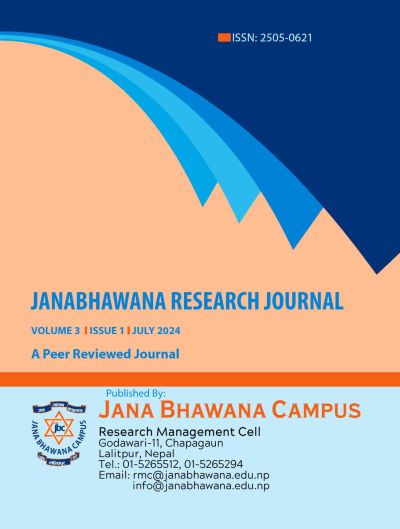Resilience of Post-Trafficked Women: A Narrative Inquiry
DOI:
https://doi.org/10.3126/jrj.v3i1.68397Keywords:
resilience, trauma, economic empowerment, health challenges, social integration, community supportAbstract
This study explores the resilience of post-trafficked women. It used a qualitative narrative inquiry approach, involving six participants from Kathmandu Valley. The purposive sampling method was adopted ensuring diverse representation. Thematic analysis was employed to identify resilience mechanisms and coping strategies. Through in-depth interviews, the research has uncovered how trauma, physical health challenges, economic disenfranchisement, and social reintegration impact survivors’ recovery. Findings revealed that the trauma continues to affect daily life, though coping strategies like engaging in hobbies significantly aid resilience. Physical health issues, compounded by past trauma, highlight the need for integrated healthcare solutions. Economic challenges, exacerbated by stigma, highlight the importance of vocational training and microfinance programs for achieving financial independence. Social integration and community support are crucial for overcoming stigma and fostering recovery. Contemporary issues, including the impact of technology and the COVID-19 pandemic, further complicate support efforts. The study concludes that comprehensive support systems, policy reforms, and innovative solutions are essential to enhance the resilience and recovery of trafficking survivors in Nepal.
Downloads
Downloads
Published
How to Cite
Issue
Section
License

This work is licensed under a Creative Commons Attribution-NonCommercial 4.0 International License.
CC BY-NC: This license allows re-users to distribute, remix, adapt, and build upon the material in any medium or format for non-commercial purposes only, and only so long as attribution is given to the creator.




